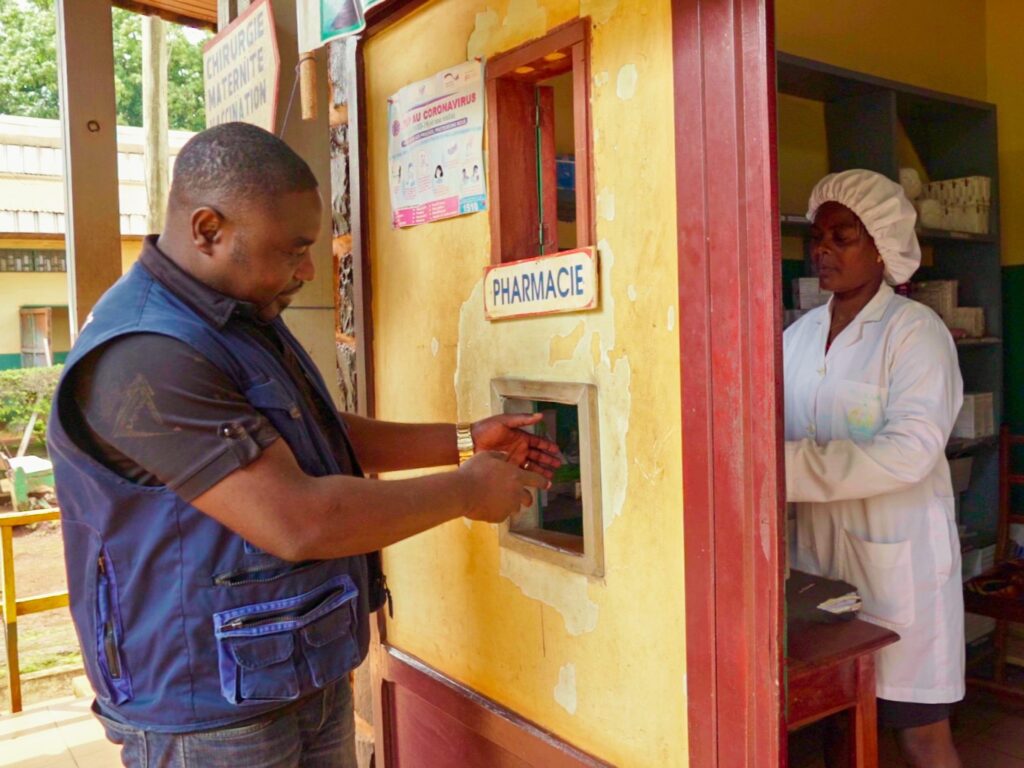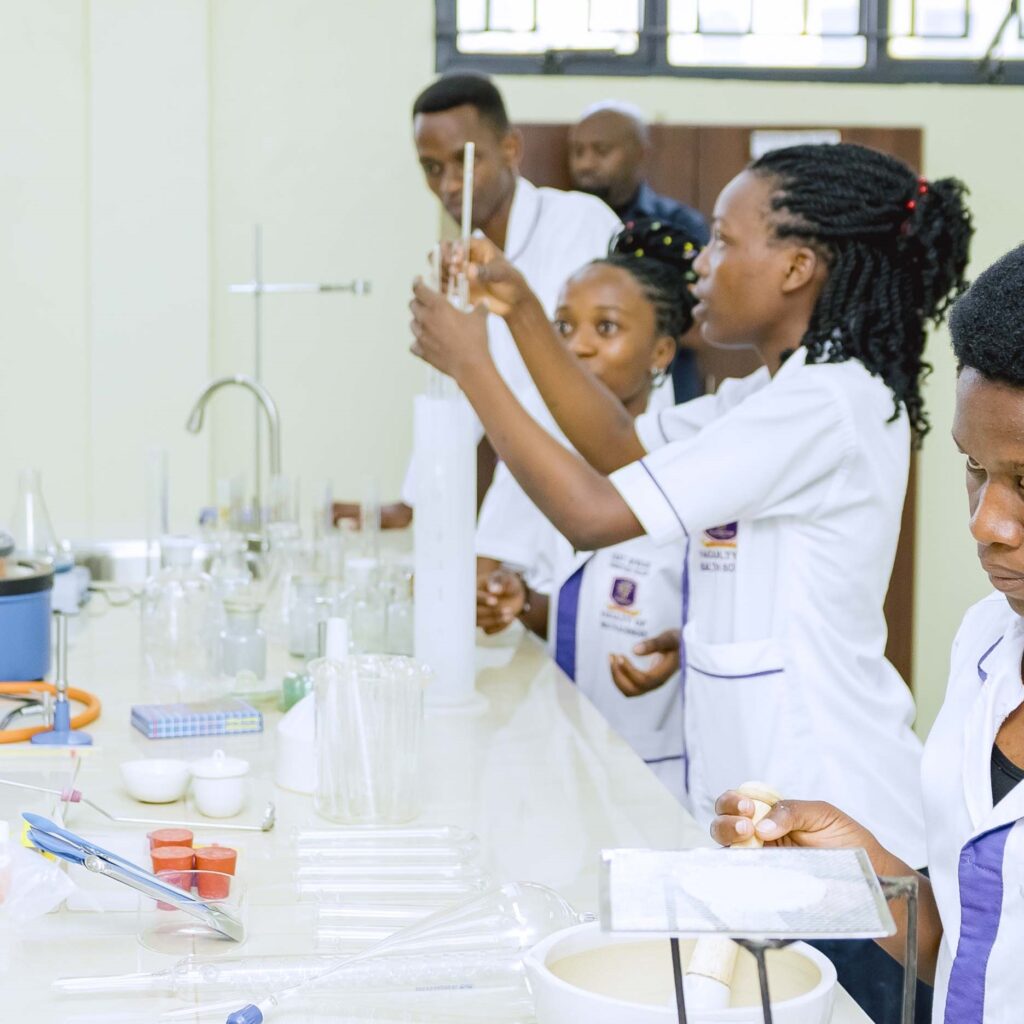Reaching Remote Health Workers in Malawi: Baseline Assessment of a Pilot mHealth Intervention
Reaching Remote Health Workers in Malawi: Baseline Assessment of a Pilot mHealth Intervention
Abstract
mHealth has great potential to change the landscape of health service delivery in less developed countries—expanding the reach of health information to frontline health workers in remote areas. Formative, process, and summative evaluation each play an important role in mHealth interventions. K4Health conducted a Health Information Needs Assessment in Malawi from July to September 2009 (formative evaluation) that found widespread use of cell phones among health workers offering new opportunities for knowledge exchange, especially in areas where access to health information is limited. K4Health subsequently designed an 18-month demonstration project (January 2010 to June 2011) to improve the exchange and use of family planning/reproductive health and HIV/AIDS knowledge among health workers, which included the introduction of a short message service (SMS) network. K4Health conducted a pretest of the mHealth intervention from June to October 2010. A baseline assessment was carried out in November 2010 before expanding the SMS network and included use of qualitative and quantitative measures and comparison groups (summative evaluation). Routinely collected statistics also guide the program (process evaluation). This article describes the approach and main findings of the SMS baseline study and contributes to a growing body of evidence measuring the effectiveness and efficiency of mHealth programs using a strong evaluation design.


